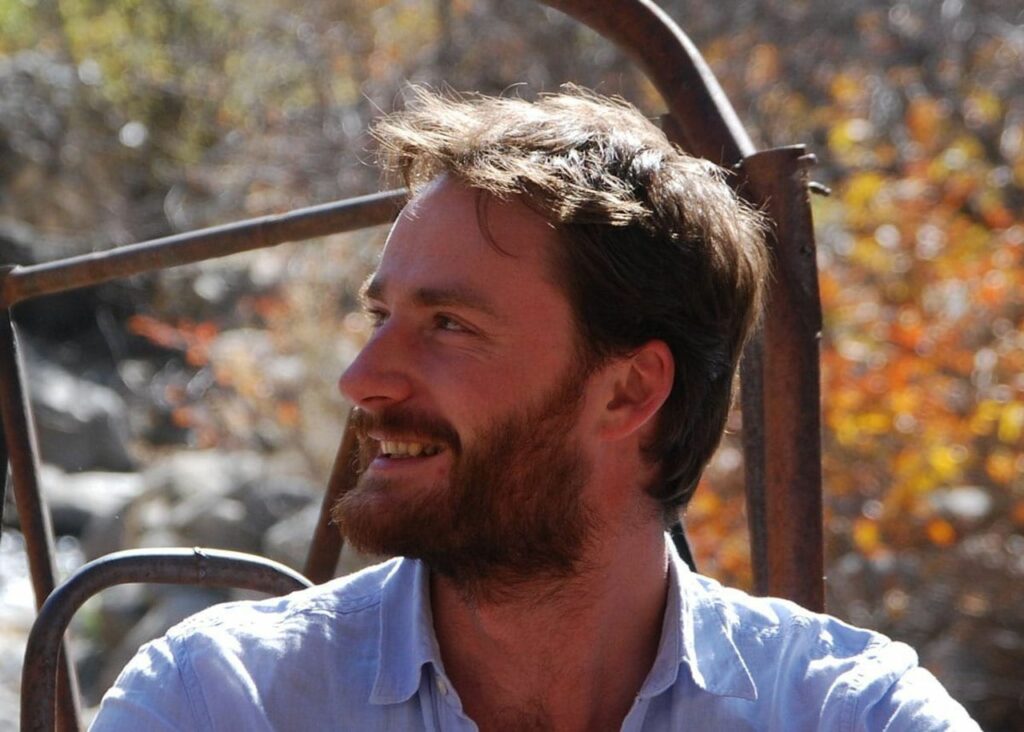The Belgian Ambassador to Iran was able to visit the detained Belgian aid worker Olivier Vandecasteele in his cell in Iran after about ten months of imprisonment, Vandecasteele's family announced on Monday.
Four guards watched as the Belgian Ambassador to Iran was able to speak to Vandecasteele, who worked in Iran for humanitarian organisations for more than six years before he was detained by the country's authorities on 24 February 2022. Only in the first days of the new year, it became clear that was being held for "espionage and thwarting national security."
The meeting between the ambassador and Vandecasteele lasted 15 to 30 minutes and was also filmed, VRT reports. According to the family, Vandecasteele appeared "even leaner" and "with deep bags under his eyes" after the ten months in complete isolation. He also has health problems, especially with his ears and teeth.
Vandecasteele stated that he was forced to take part in what was probably a mock trial. For hours, he was filmed while he appeared in court while handcuffed. Vandecasteele was also sentenced to 28 years in prison without being able to speak to the lawyers he wanted.
Related News
- Belgian aid worker convicted of 'espionage and thwarting national security' in Iran
- Rally held for Belgian aid worker Olivier Vandecasteele, detained in isolation in Iran
- Olivier Vandecasteele sentenced to 28 years in Iran prison
The United Nations recognises Vandecasteele's inhumane treatment in Iran and launched a number of proceedings against the country to seek clarification and campaign for his release. The petition started by Olivier's family has so far collected 58,000 signatures, while Amnesty International's petition stands at 63,000 signatures.
Vandecasteele was also "deeply despondent" when he heard that Belgium's treaty to exchange prisoners with Iran has been suspended, his family said.
The Constitutional Court is preventing an exchange between him and an Iranian terrorist imprisoned in Belgium, as the court fears the terrorist will escape punishment in Iran. By March, the Constitutional Court must make a final decision on that treaty.

